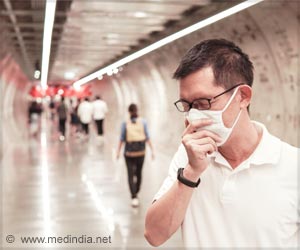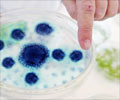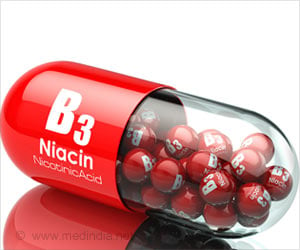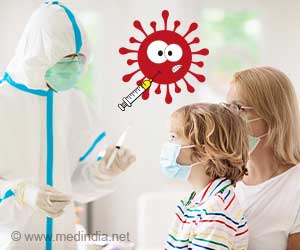Russia successfully tested its first vaccine, named ‘Sputnik V’, against the novel coronavirus. The vaccine works very effectively and creates a stable immunity against the coronavirus, with no side-effects.

TOP INSIGHT
Russia says that it has received orders from twenty countries, including India for one billion doses of the ‘Sputnik V’ vaccine against the novel coronavirus. Russia is ready to manufacture 500 million doses of the vaccine per year in five countries.
Read More..
Kirill Dmitriev, the head of the Russian Direct Investment Fund which finances the vaccine project, said that he is confident the vaccine works quite effectively and forms a stable immunity.
The Phase 3 trials are expected to start very soon. Industrial production of the vaccine is expected from September, and 20 countries including India, Saudi Arabia, Brazil, Philippines and UAE, have pre-ordered more than a billion doses.
Putin said, "This morning, for the first time in the world, a vaccine against the new coronavirus was registered" during a televised video conference call with government ministers. He added that it is a very important step for the world and hopes to start mass production of the vaccine very soon.
"I know that it works quite effectively, forms strong immunity, and I repeat, it has passed all the needed checks," Putin added.
“She's feeling well and has high number of antibodies," Putin added.
"The two-stage injection plan helps form a lasting immunity. The experience with vector vaccines and two-stage scheme shows that immunity lasts for up to two years", the Health Ministry said.
"We are in close contact with Russian health authorities and discussions are ongoing with respect to possible WHO prequalification of the vaccine, but again prequalification of any vaccine includes the rigorous review and assessment of all required safety and efficacy data," WHO spokesman Tarik Jasarevic told a U.N. briefing in Geneva, referring to clinical trials, according to Reuters.
Clinical trials of the vaccine began on June 18 and included 38 volunteers. All of the participants developed immunity. The first group was discharged on July 15 and the second group on July 20.
In their final check-up all volunteers showed immunity, the Russian Defence Ministry said.
Alexander Gintsburg, director of the Gamaleya National Research Centre, said that vaccine used inanimate particles created on the basis of adenovirus.
He said there are no concerns that the vaccine could potentially cause harm to a person's health, adding“The particles and objects that can reproduce their own kind are the ones that are considered alive. The particles in question cannot multiply."
The healthcare workers and teachers are to be vaccinated initially and Russia hopes to vaccinate up to 60% of its population.
Dr Anthony Fauci, the top US infectious disease specialist, questioned the fast-track approach last week. “I do hope that the Chinese and the Russians are actually testing a vaccine before they are administering the vaccine to anyone, because claims of having a vaccine ready to distribute before you do testing I think is problematic at best," he said.
According to WHO, more than one hundred vaccines are being developed around the world and at least four are in their Phase 3 human trail. WHO had earlier said all vaccine candidates should go through full stages of testing before being rolled out.
Source-Medindia
 MEDINDIA
MEDINDIA




 Email
Email







